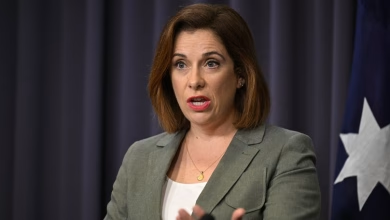President Nana Akufo-Addo has made a passionate plea to world leaders to take immediate action against climate change, emphasizing its devastating impact on Africa despite the continent’s minimal contribution to global emissions. Addressing the UN General Assembly in New York, Akufo-Addo stressed that climate change is not just an option, but a pressing necessity that demands collective action.
Africa is already experiencing the harsh consequences of climate change, from floods to desertification, and it’s unacceptable that the vulnerable continue to be abandoned despite promises of support. The President emphasized that Africa cannot keep bearing the burden of a crisis it didn’t create and demanded fairness, not charity.
Climate justice is at the heart of this issue, and Akufo-Addo advocated for a system that benefits everyone, not just the privileged few. He highlighted the struggles of farmers who can’t predict the seasons and the inability to adapt to famine.
The numbers are staggering, with over 700 million people, representing 8.57% of the world’s population, living in extreme poverty. This vast gap between the rich and poor should be a pressing concern for world leaders, and Akufo-Addo urged them to take action.
Akufo-Addo’s call to action is not just a moral imperative, but an economic one as well. Climate change is projected to cost Africa up to $440 billion annually, with agricultural productivity declining by 34% since 1961.
The President also emphasized the need for climate adaptation financing, which is currently insufficient. Africa requires up to $2.8 trillion between 2020 and 2030 to implement its Nationally Determined Contributions (NDCs).
To address this, Akufo-Addo proposed a radical restructuring of the global financial architecture. He also urged debt forgiveness and climate swaps to help vulnerable countries meet their climate goals.
In addition, the President highlighted the importance of early warning systems and climate-resilient infrastructure. Africa needs to invest in its people, particularly women and children, to build resilience and adapt to climate change.
Akufo-Addo’s message is clear: climate change is a global emergency that requires collective action. Africa is ready to take its part in resolving the crisis, but it needs the support of the international community.
As the world looks to the future, Akufo-Addo’s words serve as a reminder that climate justice is not just a moral obligation, but an economic imperative. It’s time for world leaders to take action and ensure that Africa is not left behind in the fight against climate change.
